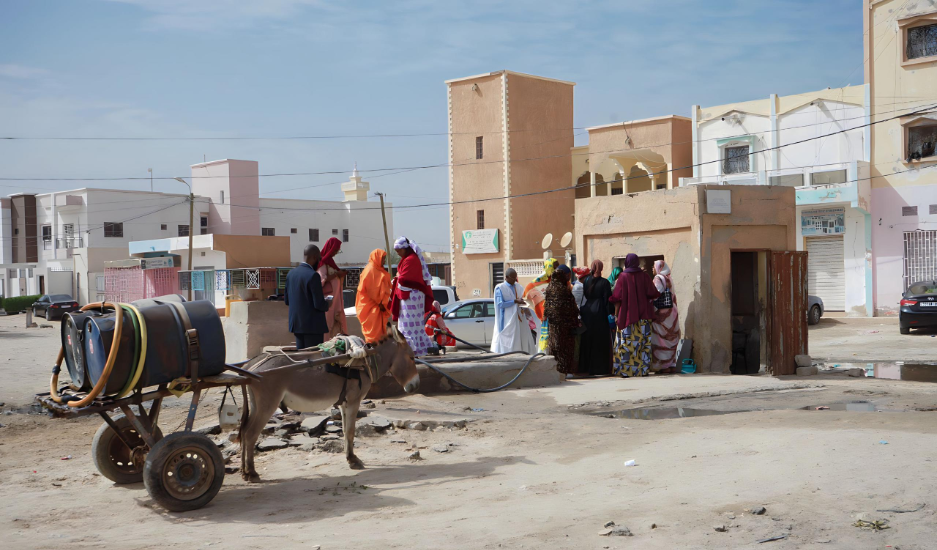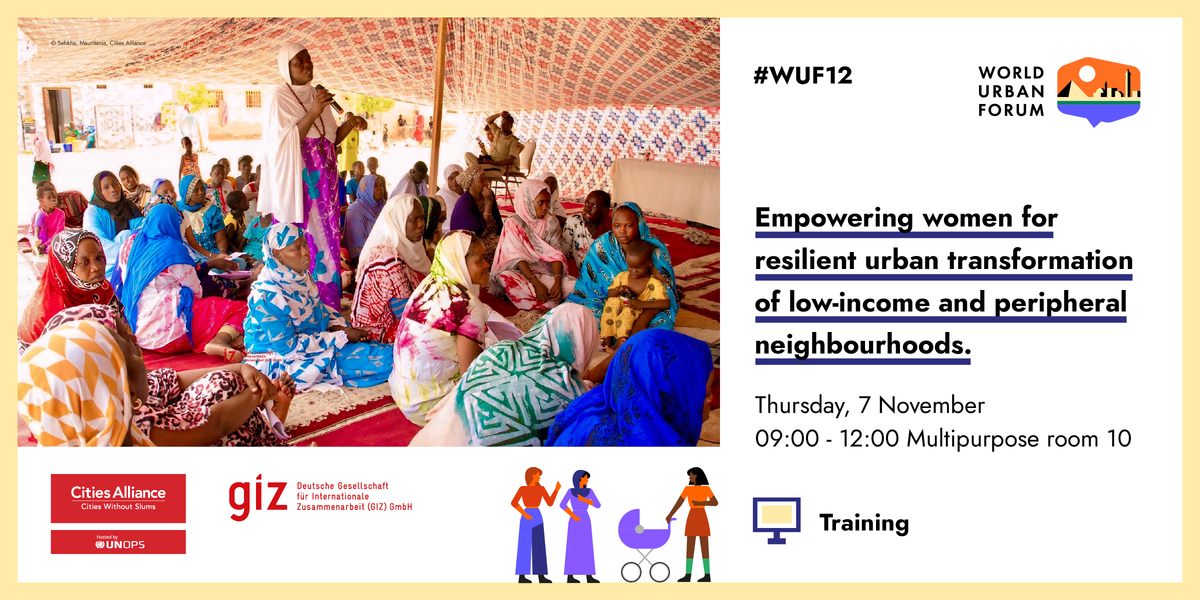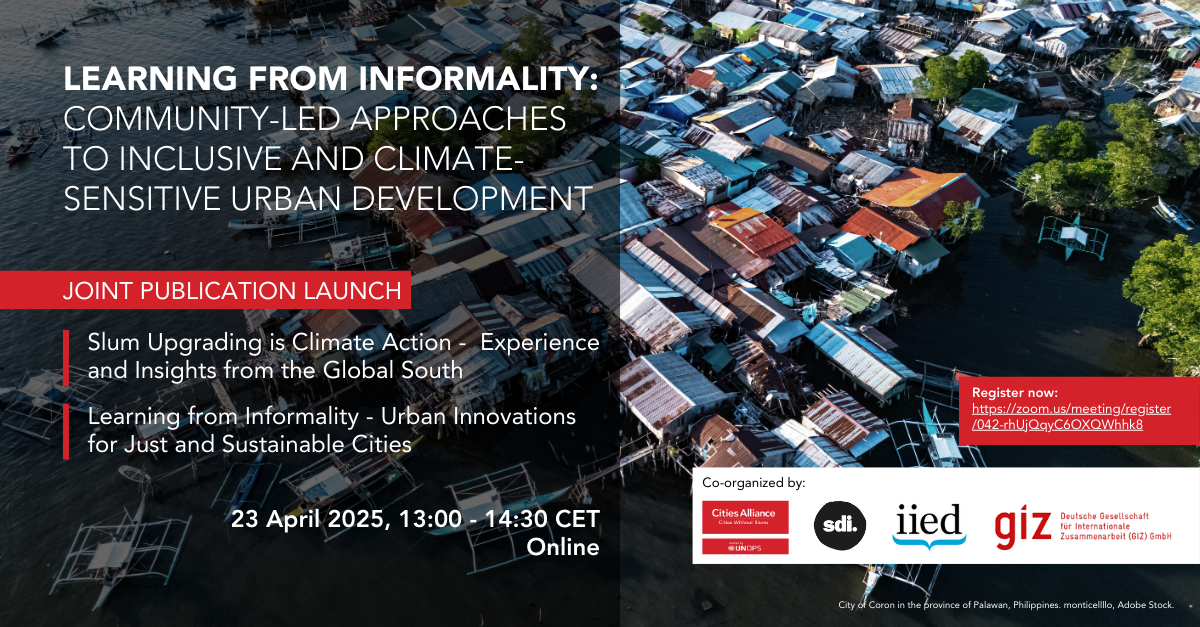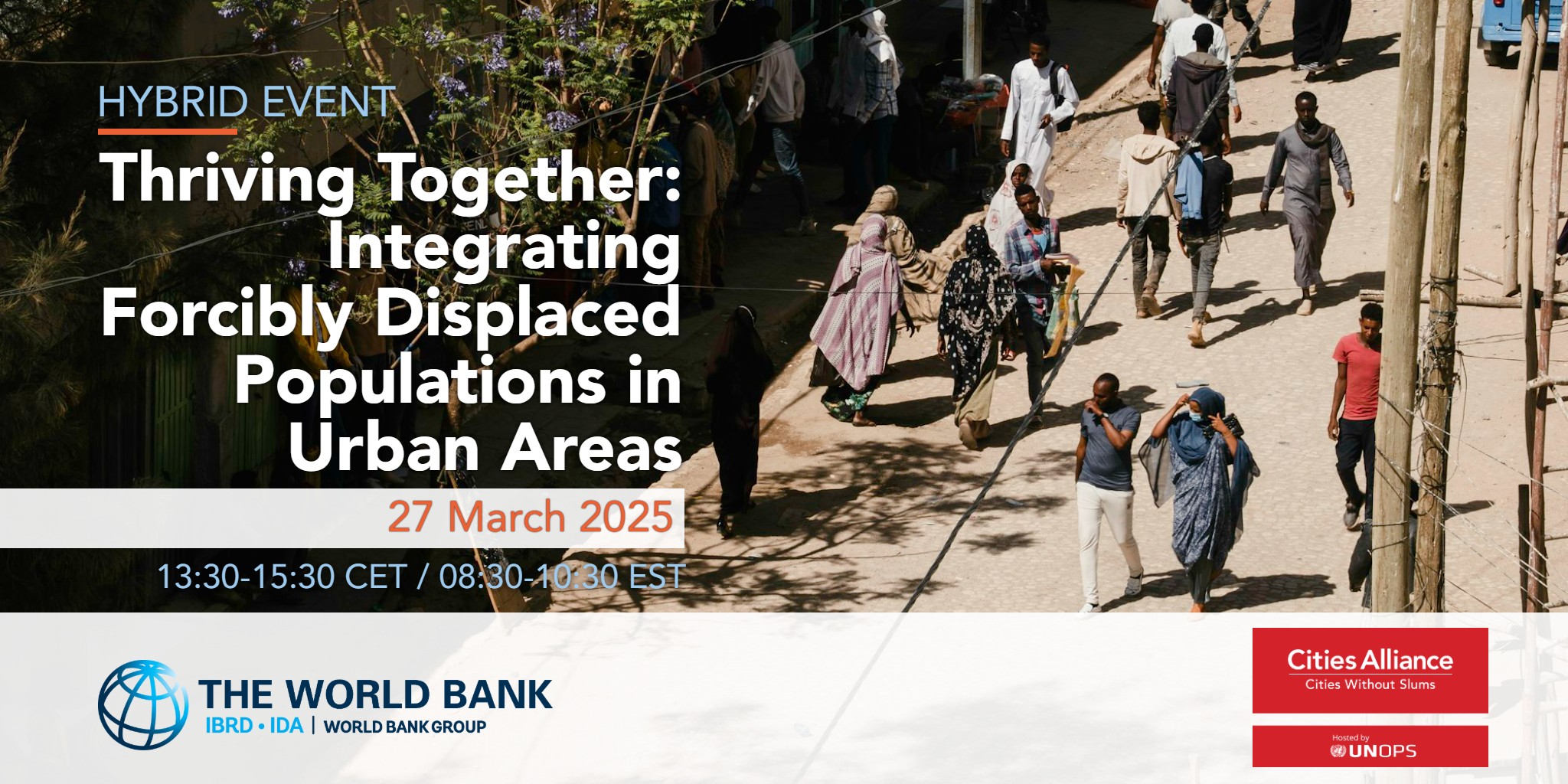- Who We Are
- How We Work
- Regional / Country Initiatives
- Legacy
- Core Themes
- Working Groups
- Portfolio & Results
- Newsroom
- Resources
WUF12: Empowering Women for Resilient Urban Transformation of low-income and peripheral neighbourhoods

Cities Alliance and GIZ are organising a training session on "Empowering Women for Resilient Urban Transformation of Low-income and Peripheral Neighbourhoods" at WUF12.
In cities, peripheral urban areas and low-income neighbourhoods often lack the infrastructure and resources for urban services, climate resilience, and sustainable development. Amplified by climate change, these urban challenges exacerbate vulnerabilities in marginalised communities, particularly affecting women and girls.
A city that works for women works better for everyone.
Gender-inclusive urban development is not only a matter of ethical imperative; it is also a strategic necessity. As informal community leaders, women offer untapped expertise for fostering inclusive urban sustainability. It is urgent to empower women to lead in these areas through inclusive, intersectional urban planning.
Cities Alliance and GIZ developed gender-sensitive planning methods and tools to improve urban services and encourage women’s participation. This training session includes a presentation and discussion of practical tools, case studies, and group discussions to scale up inclusive, intersectional, and gender-sensitive policies for inclusive urban development.
Areas of Discussion
Through a world café discussion format, participants will rotate to take part in exchanges at each table:
- Awareness Raising on Gender and the City: Broadcast mechanism for empowering women, acknowledging their expertise to lead the revitalisation of low-income and peripheral neighbourhoods
- Implementing Women-led Urban Initiatives: Facilitate the sharing of identified best practices and collectively reflect on the lessons learned from the field to improve our practices
- Scaling Up Local Successes: Systematise gender-sensitive and intersectional urban development, accessible to all and applicable to different contexts
Moderator
Ms. Giulia Maci, Gender Specialist and Manager for the Euro-Mediterranean Region, Cities Alliance
Panelists
Ms Naomi Haufiku, Deputy Director Habitat Coordination, Ministry of Urban and Rural Development, Namibia
Ms Simone da Silva, Co-founder of CSO and community leader, Black Women for Climate Resilience Mentoring Programme
Ms Luana Alves, Technical Advisor to the Secretariat of Peripheries, Ministry of Cities, Brazil
Mr Ghanashyam Giri, Mayor, Municipality of Chandragiri, Nepal
Register on the WUF12 website.





